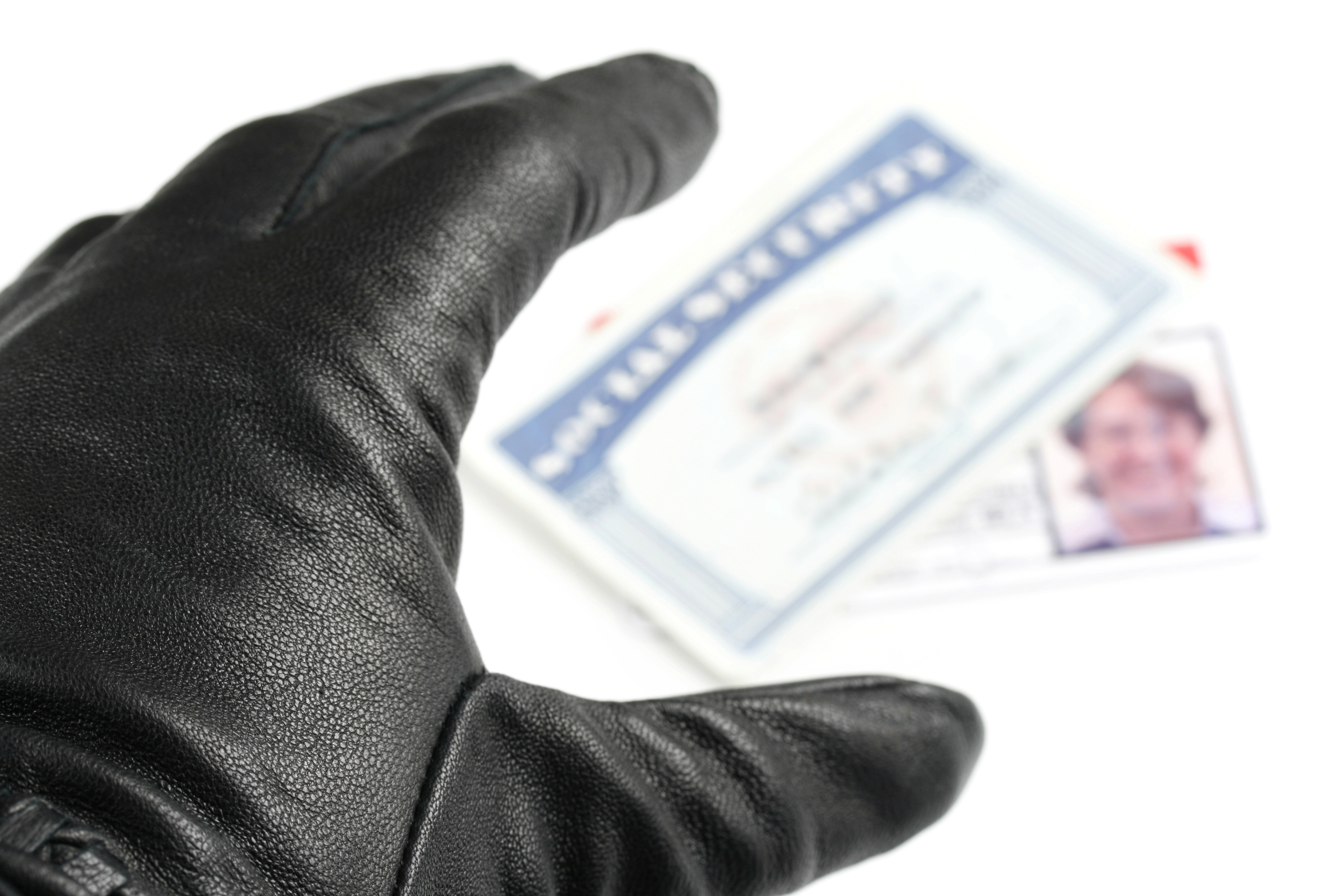AARP Hearing Center

According to a new AARP Fraud Watch Network study, South Carolinians and Americans often put themselves at risk for identity theft.
AARP expert Doug Shadel offers 10 tips on protecting yourself from identity theft.
1. Lock your mailbox.
2. Set up online bank or credit accounts.
3. Don't leave wallets, computers or purses in your car.
4. Micro-shred documents. Make sure to get a “micro-cut shredder.” Shredders that cut paper into long strips are easy for scammers to recreate.
5. Set passwords on electronic devices.
6. Close inactive credit card accounts.
7. Don’t carry your Social Security card.
8. Regularly monitor your accounts online for suspicious activity.
9. Register with the three credit reporting agencies (Equifax, Experian and TransUnion).
10. Put fraud alerts or credit freezes on your accounts.
In the October/November issue of AARP the Magazine, Alice Lipski, a convicted ID thief, shares her story of scamming people of all ages. Alice discusses how she took over one woman’s identity and ran up thousands of dollars in fraudulent charges. “Nowadays it’s all about technology, and if you know what you’re doing with it, it’s easy for me to take over your life,” Alice says. “I took over everything and she didn’t even know.”
Read the full story here.
About AARP Fraud Watch Network
AARP launched the AARP Fraud Watch Network to arm Americans of all ages with tools and resources they need to spot and avoid scams and identity theft. The Network offers real-time alerts about the latest scam in your state, a guide to outsmarting con artists, help for victims of ID theft and tips for consumers’ daily lives.
You can sign up for free at www.aarp.org/fraudwatchnetwork or by calling 877-908-3360.































































